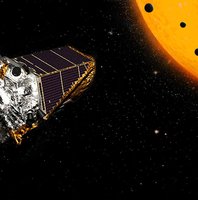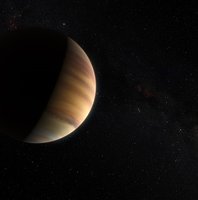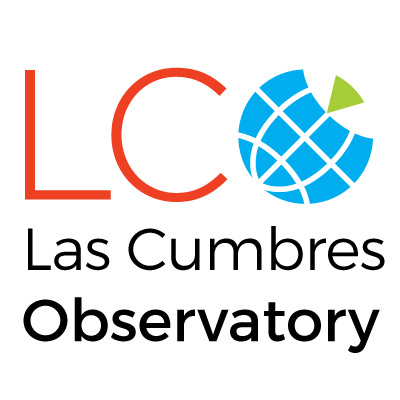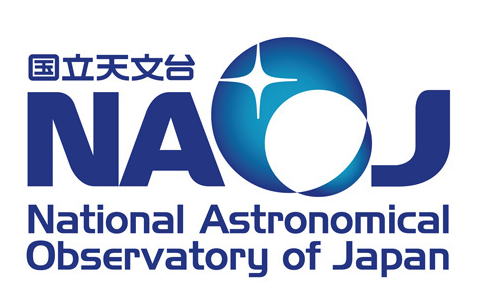Most neutrinos pass straight through our detectors without making contact. If you had a detector the size of a human, it would take about 100 years to spot the first neutrino hit or 100,000 years to see one of the super high energy neutrinos.
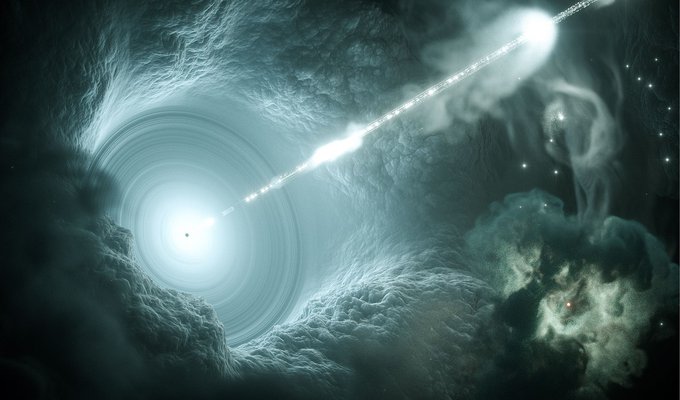
The South Pole is a hostile environment; it’s a frozen desert where temperatures can drop below -80°C. Yet scientists have been flocking there for the last 8 years, because it’s one of the best places to answer a mystery: What shoots beams of tiny, almost invisible particles at Earth?
These particles, called “neutrinos” (pronounced “new-tree-no”), are extremely difficult to catch. Tens of billions of these “ghost particles” pass through your body every second without you noticing. If you shine a torch at a wall the light will hit the wall but won’t travel through. A torch shining neutrinos would shine straight through the wall.
However, every once in a while astronomers get a lucky break and one is caught by a detector. In this case, neutrinos hit a detector buried deep under the ice at the south pole.
When this happened, computers at the site were able to quickly work out the rough direction from which the neutrino came. Wasting no time, they sent out a call-to-arms and asked telescopes around the world to hunt for the cosmic source.
Looking in the direction from which the neutrino came, they soon spotted a blazar that had started shining three times brighter than normal. A blazar is a special type of galaxy with a supermassive black hole at the centre ripping material into tiny pieces that are then blasted into space like a cannon ball.
The chance of these two events being freak occurrences that are unrelated are very low—looks like we’ve made an exciting new breakthrough in our understanding of the universe!






